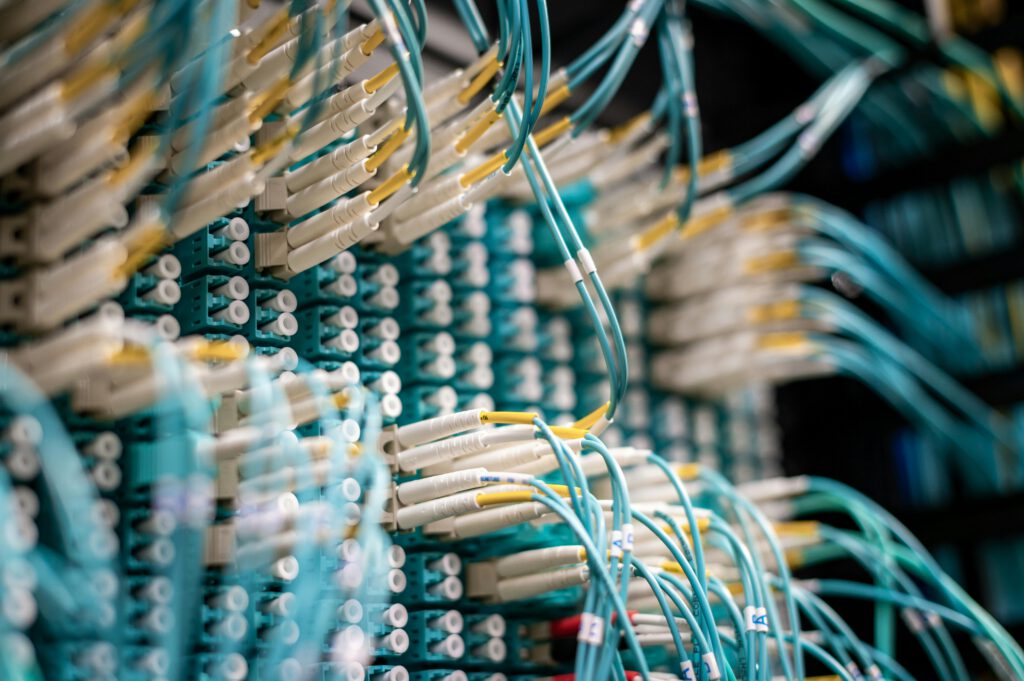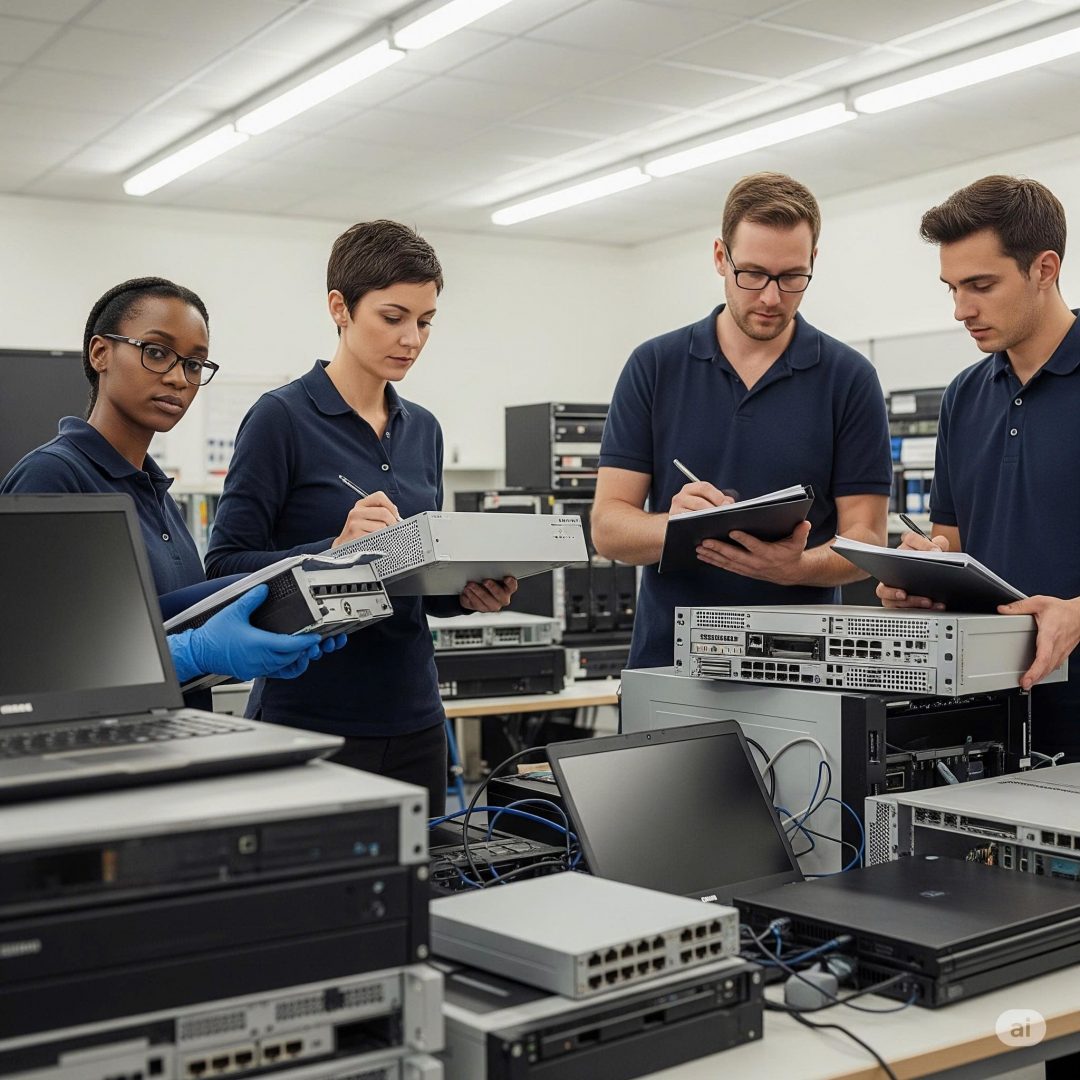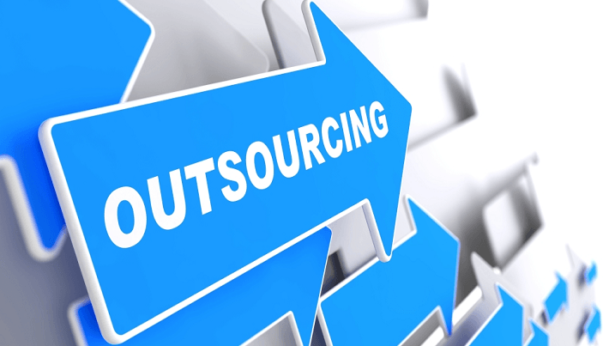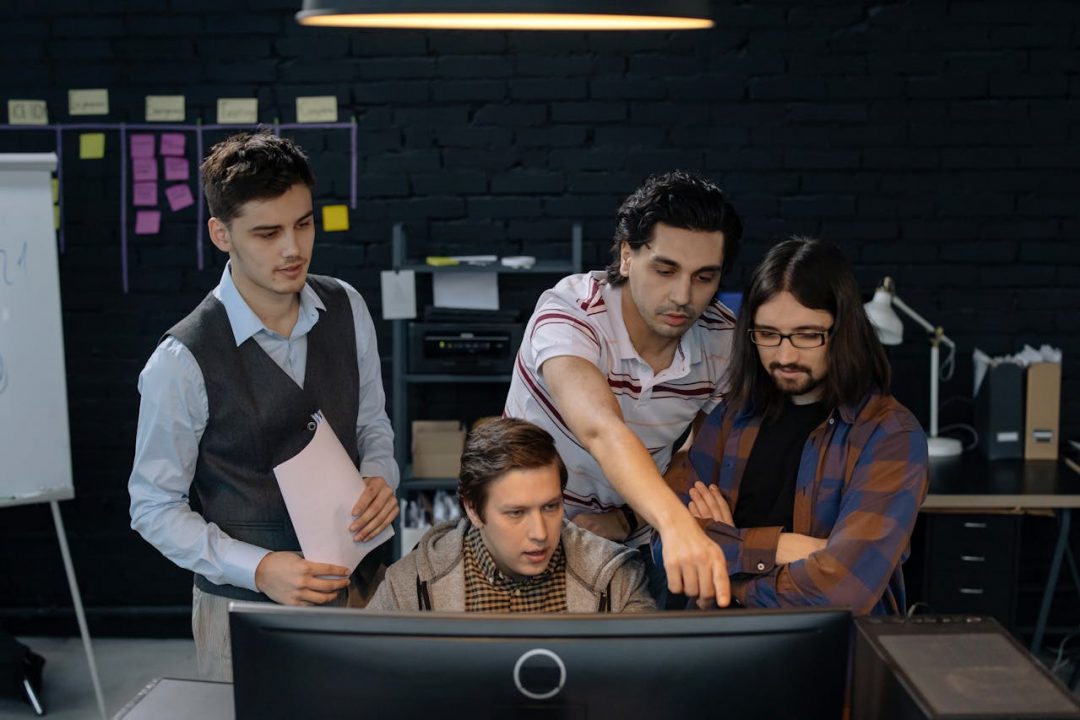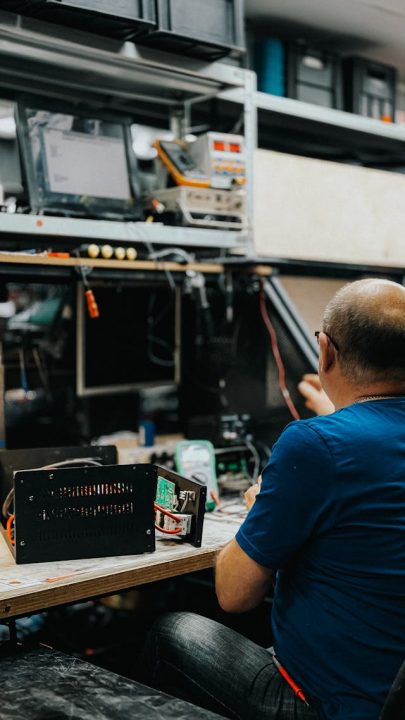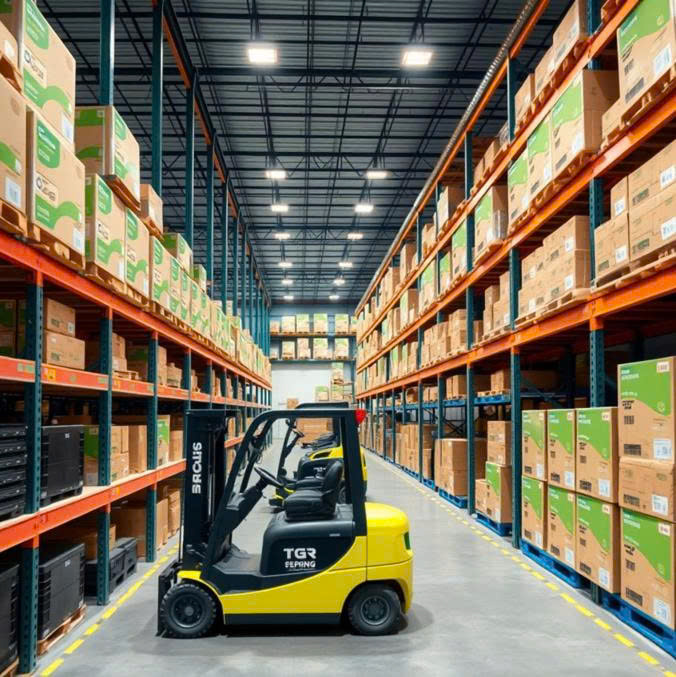Let’s talk about computer disposal. We live in a world where technology moves fast. A laptop that felt cutting-edge three years ago now struggles to keep up with daily tasks. Businesses replace computers regularly to stay efficient, and individuals upgrade when devices slow down or when newer, sleeker models hit the market.
But here’s a question many people rarely ask: what happens to the old computer once it’s no longer in use?
Most of the time, the answer isn’t pretty. Machines get stuffed into storage closets, sold without much thought, or worse—dumped in landfills. At Kaioen, we’ve learned that the way you dispose of a computer is just as important as how you use it. Why? Because improper computer disposal doesn’t just waste materials—it can put your data, the environment, and even your reputation at risk.
The Hidden Dangers of “Out of Sight, Out of Mind” – When computer disposal comes handy
It’s tempting to treat old electronics like clutter: if it’s not in your way, it’s not your problem. But that mindset has consequences.
1. Your Data Lives On Longer Than You Think
Imagine you’re a business upgrading 50 computers at once. You delete files, maybe even format the hard drives, and then hand them over to a second-hand dealer. Problem solved, right?
Not exactly. Deleting files doesn’t actually erase them—it just tells the computer they can be overwritten. With the right tools, someone could recover sensitive information: financial spreadsheets, client details, employee records. For an individual, this might mean personal photos, tax documents, or saved passwords. For a business, it could mean a costly data breach.
2. E-Waste Isn’t Just Trash
Computers aren’t harmless junk. They contain metals, plastics, and chemicals—lead, mercury, cadmium—that are toxic if they leak into soil or water. Tossing a computer into the garbage doesn’t just make it disappear; it contributes to one of the world’s fastest-growing waste problems: e-waste.
According to global reports, the world generates over 50 million tons of electronic waste each year, and only a fraction of that is properly recycled. The rest? Landfills and illegal dumping sites, often in developing countries where workers dismantle electronics without safety equipment, putting both their health and the environment at risk.
3. Businesses Risk More Than Just Bad PR
For companies, improper disposal isn’t only an environmental issue—it’s a compliance issue. Many industries (finance, healthcare, logistics, IT services) are subject to strict data security and environmental regulations. A single misstep in how old computers are handled could lead to fines, legal trouble, and reputational damage.
What Proper Disposal Really Looks Like
So, what’s the right way to handle old computers? It’s not complicated, but it does require a more thoughtful approach.
- Data Destruction
Before a device leaves your hands, its data should be securely wiped. For businesses, that means certified processes that go beyond “delete” and ensure data is unrecoverable. At Kaioen, we recommend either professional wiping software or physical destruction of hard drives when security is critical. - Recycling and Material Recovery
Many parts of a computer can be recycled—aluminum from casings, copper from wiring, rare earth metals from circuit boards. Recycling doesn’t just prevent waste; it reduces the need for new raw materials, lowering the environmental footprint of future devices. - Responsible Partners
Not all recyclers are created equal. Some export e-waste overseas to be dismantled unsafely. Choosing certified, trustworthy partners makes sure disposal is done ethically and in line with global standards. This is exactly why Kaioen partners only with vetted recycling networks that meet strict compliance and sustainability benchmarks.
Why Computer Disposal Matters More Today Than Ever
Technology is no longer a luxury—it’s part of everyday life. With that comes an enormous responsibility. Every year, the amount of e-waste grows, and every year, more sensitive data gets left behind on discarded devices.
For individuals, the risk might be personal data falling into the wrong hands. For businesses, the stakes are much higher—data breaches, regulatory fines, even the loss of customer trust. In a world where reputation is everything, ignoring proper disposal isn’t worth the gamble.
At the same time, people are becoming more conscious of sustainability. Customers, partners, and employees all pay attention to how organizations handle their environmental responsibilities. Proper computer disposal is one of those small but meaningful steps that shows a business is serious about doing the right thing.
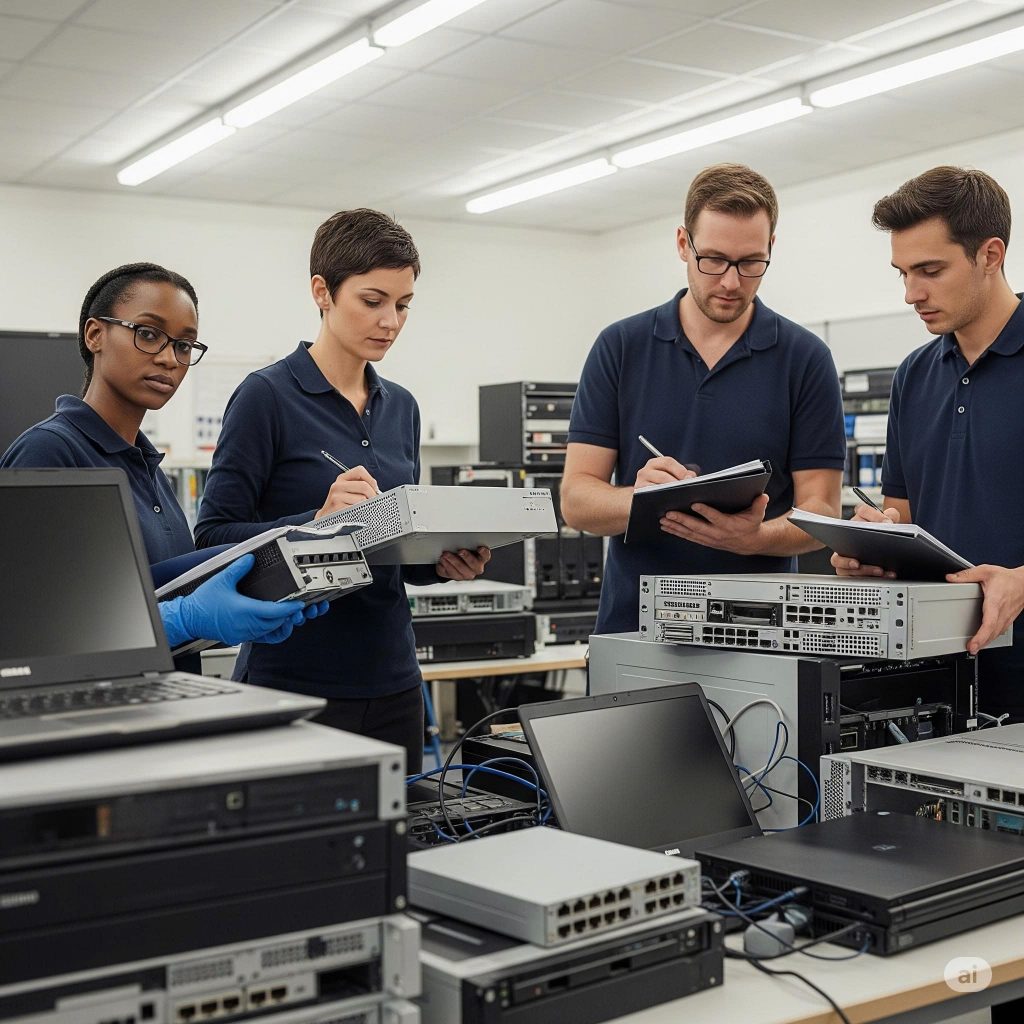
The Kaioen Approach
At Kaioen, we’ve built our approach around two simple principles: protect data, protect the planet.
- We make sure sensitive information never falls into the wrong hands through certified data destruction.
- We ensure e-waste is handled responsibly, working only with recycling partners who follow international standards.
- We help businesses turn an operational challenge into an opportunity to show leadership in security and sustainability.
Disposal isn’t the most glamorous part of IT—but it’s one of the most important.
Final Thoughts
It’s easy to get excited about the newest laptop, the faster desktop, or the latest tablet. But if we ignore what happens to the devices we leave behind, we’re creating risks for ourselves and problems for the environment.
Proper computer disposal isn’t just a technical detail—it’s an essential part of responsible digital life. Whether you’re a business upgrading dozens of systems or an individual cleaning out your home office, how you handle old computers matters.
At Kaioen, we believe technology should improve lives without leaving behind harmful footprints. That means thinking about the entire lifecycle of our devices—from the day they’re unboxed to the day they’re retired.
So next time you replace your computer, don’t just think about what you’re getting. Think about what you’re leaving behind, and make sure it’s handled the right way.

